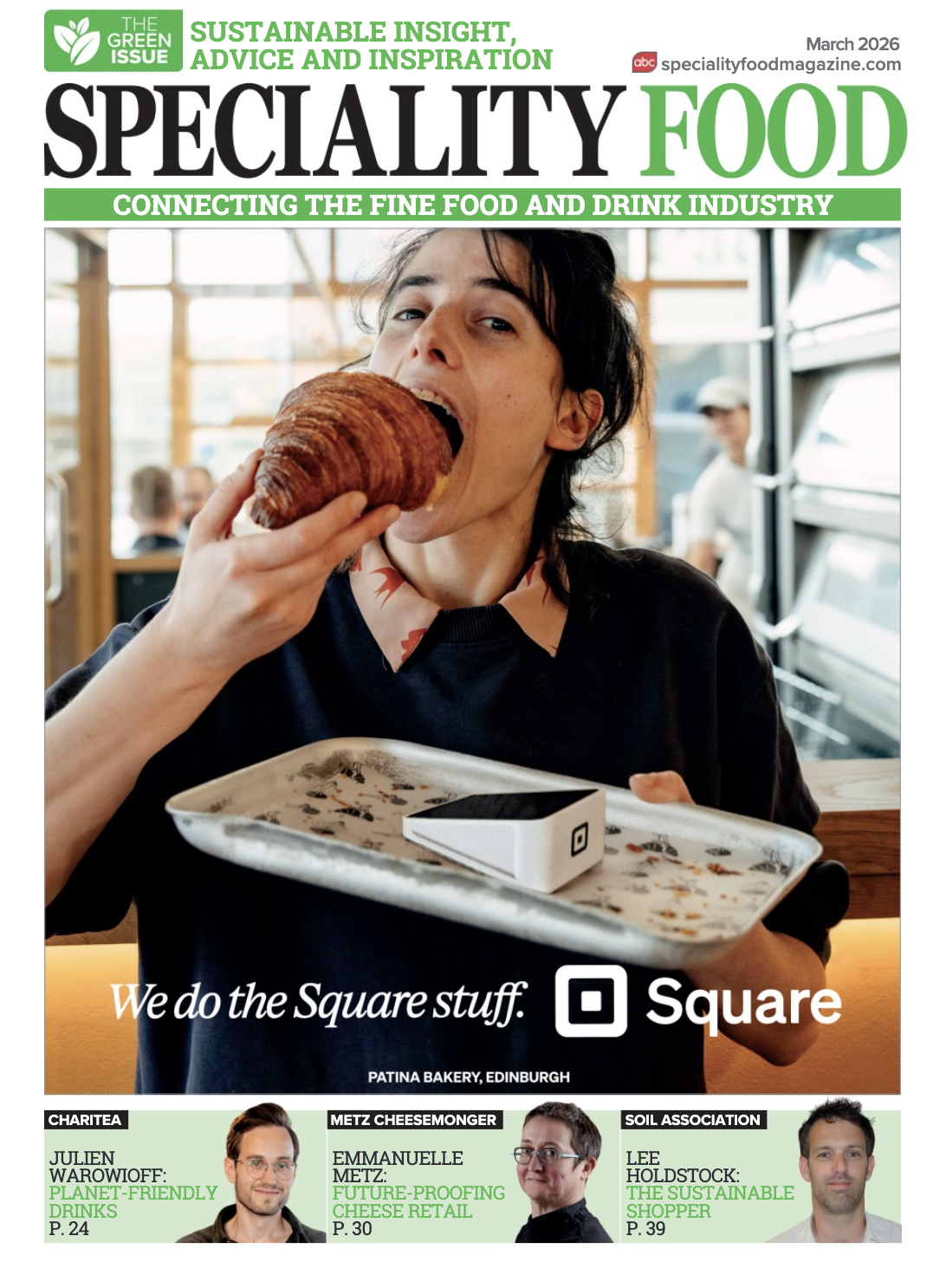A Measure of Success?

- Becoming a B Corp
- Top trend predictions for Christmas 2021
- Self-sacrifice: The importance of building a leadership legacy centred on others
- Undercover Boss
- Can/should bosses really be close friends with their staff?
For many decades countries have measured their status in the world by something called, Gross Domestic Product (GDP). These numbers are put into a league table with the most powerful nations at the top, and the poorest nations at the bottom. On one day every month, the latest GDP growth or shrinkage is announced in the news, and we will hear a lot of that over the coming months as an indicator, or otherwise, of the nation falling deeper into recession. The last two quarters have been negative, -2.2% for Jan to March and a record -20.4%, so we are officially now in recession, but these numbers already suggest the meaninglessness of the measure.
In fact, the measure has always been meaningless. If a government appointed companies to dig holes all over the nation and appointed other companies to fill in the holes again, there would be an increase in the GDP figure without any positive impact on the country, with the exception possibly being the employees of the companies involved, although the sense of meaninglessness of the task would have other negative effects! More seriously, GDP doesn’t measure inequality. In the last two periods of economic growth, the top 10% most affluent of the population have more than doubled their income, whereas the bottom 90% have actually seen their income reduce. GDP has gone up, yet inequality has increased.
And it is this inequality that is the real measure of the health of a nation. Richard Wilkinson and Kate Pickett in their excellent book, The Spirit Level, conclusively prove through countless measures and correlations that the countries in the world with less inequality have far fewer social problems and are generally happier places to live. To put it another way for countries like the USA and the UK, which are two of the most unequal countries in the world, there is reduced community life, more mental health issues and drug usage, more obesity, lower educational performance, more teenage births and more violence and imprisonment. I could go on. Growth creating more inequality is far worse than negative growth creating less inequality. We have a massive problem in the UK with the top 1% of earners taking home 30% of the total wages, just under 1% own more than 50% of the land in the UK and also around 1% owning 24% of the wealth of the country. Since 2012 the number of children in the UK has increased by 3%, but the number of children living in poverty has increased by 15%.
Much of this inequality has been created by businesses paying their executives for a day’s work what many of their people earn in a year, for example. Other business owners complain about the Living Wage, knowing full well that they would not be able to feed their own families on that wage. Business has often been run on the basis of what the owners and shareholders can take out. How about we change that around to what we can give away? Is your business reducing inequality or increasing it? And could you do better?
more from Speciality Bites
-
Generosity
05 July 2021 Speciality BitesGenerosity from leaders makes business better in all aspects, yet few businesses have discovered the benefits that accompany being generous of spirit. -
We are now retailers too!
21 June 2021 Speciality BitesSo, the week has arrived at last when I become a retailer as well as a wholesaler. What a journey it has been. -
We need leaders, not managers
07 June 2021 Speciality BitesI’ve mentioned before that not many people can give me the name of someone when asked at interview who has inspired them most from their previous work life. This is because most people have only experienced management not leadership.

